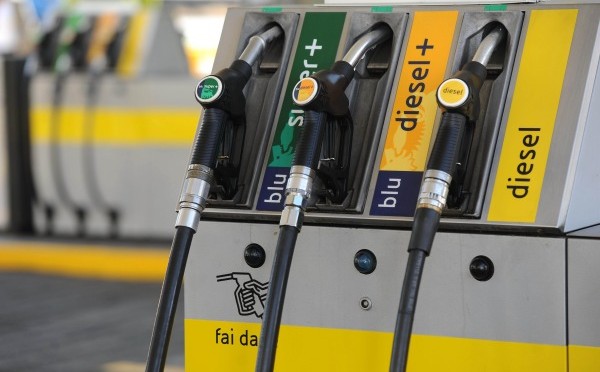What will change in Europe for petrol and diesel cars

The Environment Committee of the European Parliament supported the directive on the ban on the sale of new petrol and diesel cars from 2035; however, they rejected the introduction of more stringent emissions targets. All the details and the opinion of Motus-E
MEPs from the Environment Committee on Tuesday endorsed the European Union directive banning the sale of new petrol and diesel cars from 2035; however, they rejected proposals to introduce stricter vehicle emissions targets within this decade.
THE EUROPEAN COMMISSION PROPOSAL
The European Commission presented these measures last July, estimating a period of stay on the roads of cars of around ten to fifteen years. The ban on the sale of new petrol and diesel cars from 2035, therefore, aims to guarantee the fulfillment of the net zero greenhouse gas emissions target by 2050, and at the same time to encourage the transition to electric mobility.
THE OPINION OF THE ENVIRONMENT COMMITTEE
The European Parliament's Environment Committee, however, rejected a proposal by some MEPs to revise the Commission's proposal to cut carbon emissions from cars by 55 percent by 2030, compared to 2021 levels.
Cars are responsible for around 12% of the EU's total CO2 emissions.
The European Parliament will vote on the proposals on car emissions in the coming months; after that the member countries of the Union will have to negotiate the final rules.
WHAT AUTOMOBILE MANUFACTURERS AND TRADE ASSOCIATIONS THINK
Some car manufacturers, such as the German Volkswagen, have already announced that they intend to stop the sale of cars with internal combustion engines in Europe by 2035. However, some trade associations – such as the Italian ANFIA and the French La Plateforme Automobile – are against. the banning of certain technologies for mobility: they mainly fear negative repercussions on employment, and ask the policy to accelerate the development of charging networks for electric vehicles in order to favor demand and, consequently, the conversion of 'industry.
THE OPINION OF MOTUS-E
Francesco Naso, general secretary of MOTUS-E, the association that brings together the operators of the Italian electric mobility sector, said that "the vote of the Environment Committee of the European Parliament on the stop to registrations of petrol and diesel cars by 2035 represents a Europe's first step towards the transition to electric mobility and, above all, a clear signal for citizens and businesses ”.
According to Naso, the goal of 100 percent sales of electric vehicles by 2035 "could even be reached sooner" because "the road is already underway": all the major car manufacturers, in fact, are focusing on battery-powered cars.
"It is right, as we have repeatedly stressed", continues the secretary, "that the transition is really supported by structural policies for workers and companies in the sector and for this reason MOTUS-E welcomes the creation of the Just Transition Fund dedicated to the automotive sector. ".
“The fund”, he continues, “to which the proceeds of the sanctions imposed on car manufacturers that do not respect the targets will also be allocated, has the objective of accompanying companies in the transition and supporting the achievement of the necessary skills of workers.
“The objective that should be common between national and European institutions, businesses and social partners”, concludes Naso, “is that the Just Transition Fund welcome and enhance the funds made available in our country”.
This is a machine translation from Italian language of a post published on Start Magazine at the URL https://www.startmag.it/smartcity/auto-benzina-diesel-cosa-cambia/ on Fri, 13 May 2022 14:00:56 +0000.
